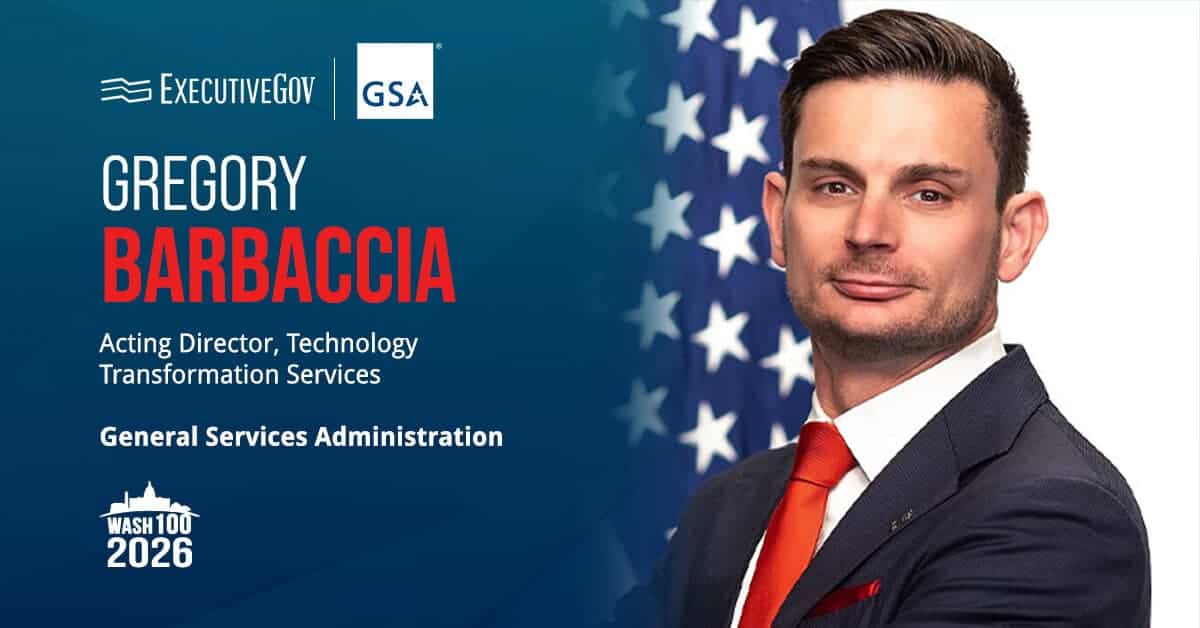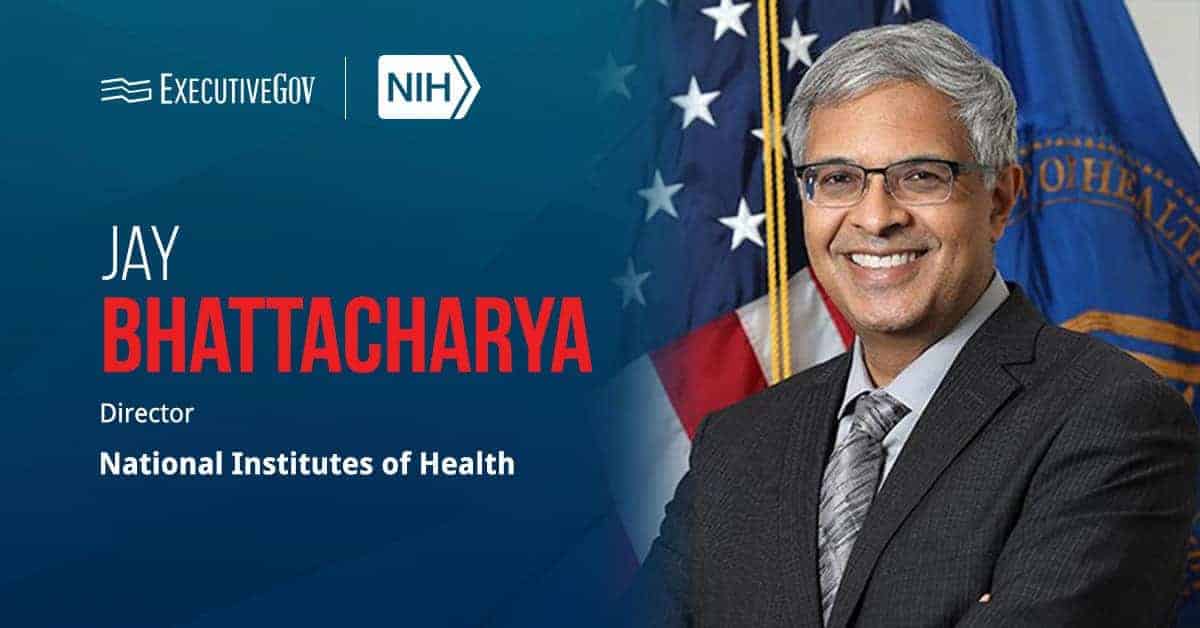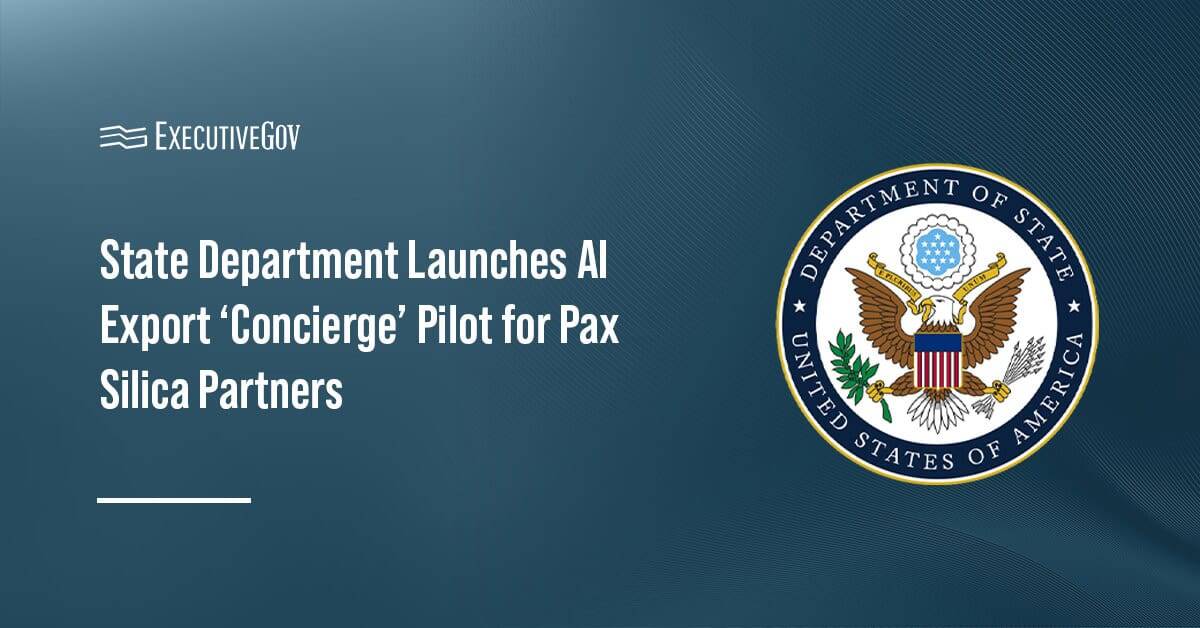
Lt. Gen. Marshall Webb, commander of the Air Force Special Operations Command, has said the U.S. Air Force expects to achieve initial operating capability for the Lockheed Martin-built AC-130J Ghostrider gunship this month, DoD Buzz reported Wednesday.
Webb told reporters Tuesday at the annual Air Force Association conference that he expects the service branch to wait a couple more years before deploying the heavily-armed ground-attack aircraft to a conflict zone.
He added the current pace of combat operations in some Middle East countries could affect training of AC-130J gunship operators.
The service branch currently owns 10 Ghostrider units and looks to procure a total of 37 Lockheed-built gunships, the report noted.
AC-130J is primarily designed for close air support, armed reconnaissance and air interdiction missions.





